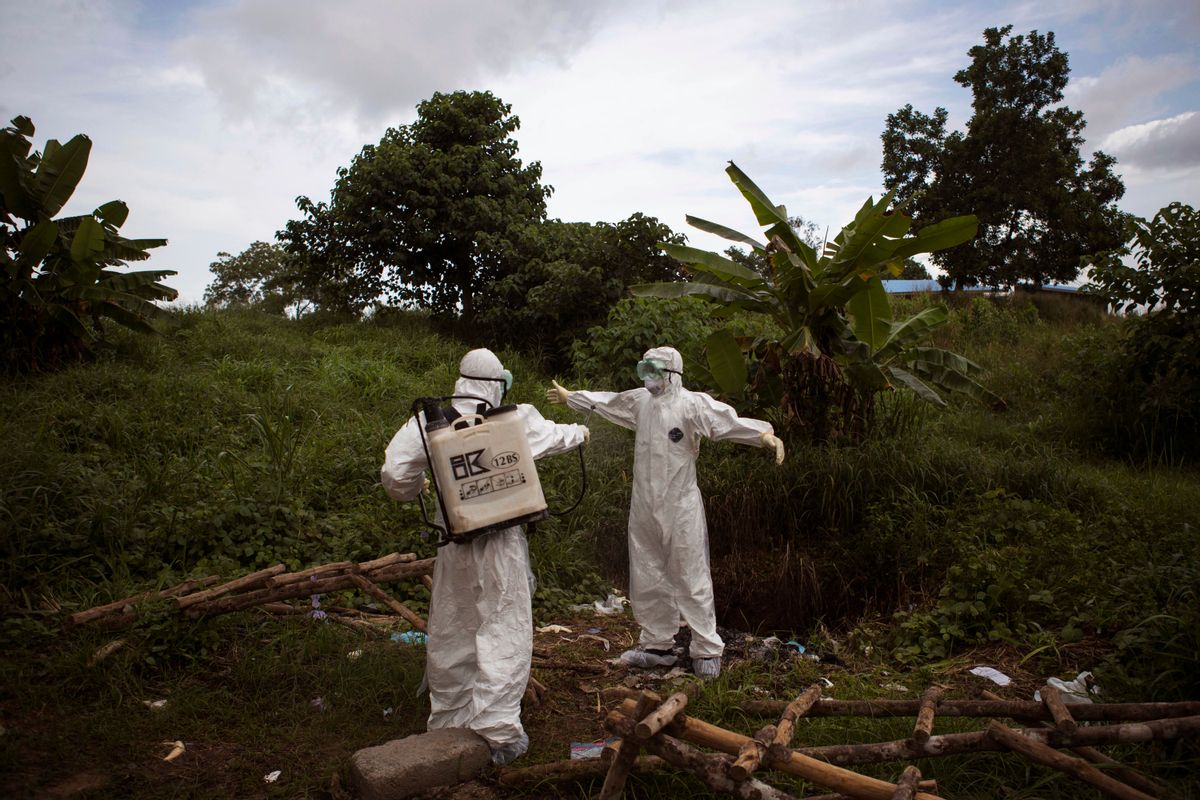MSNBC's Joy Reid is fed up with the Trump administration and believes that while some of the administration's decisions are "awful," others are simply "just insane."
Reid had made reference to a recent report that the U.S. government lifted a moratorium imposed in 2014, which ended the funding of research that alters viruses in order to make them more lethal, as well as transmissible.
Some scientists have argued that they will now be able to use this research to potentially demonstrate "how a bird flu could mutate to more easily infect humans, or could yield clues to making a better vaccine," The New York Times reported.
Critics, however, have expressed that experimenting with dangerous viruses could lead to serious risks, such as a widespread outbreak.
The Times elaborated:
Now, a government panel will require that researchers show that their studies in this area are scientifically sound and that they will be done in a high-security lab.
The pathogen to be modified must pose a serious health threat, and the work must produce knowledge — such as a vaccine — that would benefit humans. Finally, there must be no safer way to do the research.
The moratorium was originally placed on three diseases in Oct. 2014, which halted 21 projects and included the flu, Middle East respiratory syndrome (MERS) and severe acute respiratory system (SARS), the Times reported. This means that scientists were prohibited from making those viruses more deadly. Exceptions have been made for 10 of those projects in the years since the moratorium.
New regulations, however, apply to any and all pathogens, which could include, for example, "a request to create an Ebola virus transmissible through the air."
Richard H. Ebright, a molecular biologist and bioweapons expert at Rutgers University, criticized the research efforts and said, "There’s less than meets the eye," the Times reported.
Ebright felt the need for a panel review was necessary but explained he'd rather have independent reviews than ones conducted by the government, the Times reported. Ebright also said the rules should apply to all work and not just government-funded research and "clearer minimum safety standards and a mandate that the benefits 'outweigh' the risks instead of merely 'justifying' them."



Shares